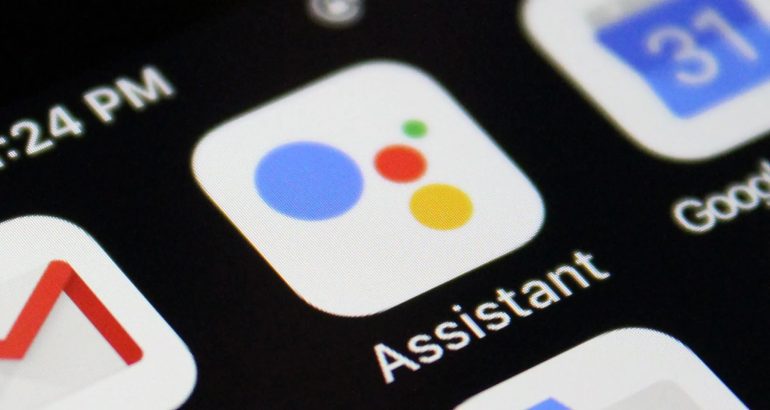- Google Assistant’s role has been uncertain, with recent emphasis shifting from its initial prominence.
- The Home Mini was heavily promoted as a way to expand Google’s ecosystem, but recent updates suggest a more integrated approach.
- Virtual assistants, including Assistant and Alexa, saw a boost during the pandemic, but the current focus appears to be reduced.
- High costs and fragmented ecosystems have hindered the vision of a fully automated smart home.
- Competitors like Samsung’s Bixby and Microsoft’s Cortana have been discontinued, and Apple’s Siri is less prominent.
- Generative AI platforms like ChatGPT have made older assistants seem outdated.
- Google has introduced Gemini, its generative AI platform, as an option on Pixel devices, hinting at future changes.
- Assistant will remain a key component in Google’s Home/Nest lineup, supported by Gemini’s advanced natural language capabilities.
- New features will be available for Nest Aware subscribers, including improved conversational abilities and information summarization.
- The integration of generative AI suggests a significant evolution in Google’s approach to smart home technology.
Main AI News:
Google Assistant’s trajectory has been in flux for over a year, shifting from a central element of Google’s mobile and smart home strategies to a more uncertain position. Once a key player, it was heavily promoted through initiatives like giving away Home Mini speakers to broaden its ecosystem. As we approach the Made by Google 2024 event, Google has clarified that Assistant will remain integral to its Home/Nest product line.
The increased time people spent at home during the pandemic boosted virtual assistants such as Assistant and Alexa. However, both Google and Amazon have recently eased their emphasis on these tools. Although the smart home concept isn’t dead, its vision of seamless automation has beenн hampered by high costs and fragmented ecosystems, leading to subpar user experiences.
Other tech giants, including Samsung and Microsoft, have discontinued their smart assistants, and Apple has minimized Siri’s visibility. The rise of generative AI platforms, like ChatGPT, has rendered older assistants somewhat obsolete. Google’s recent move to let beta users set Gemini, its GenAI platform, as the default assistant on Pixel devices hints at a shift. Despite Gemini not yet entirely replacing Assistant, it marks a significant development.
As new Pixel devices near release, the Assistant’s role on Android remains in question. Nonetheless, it will continue to be a cornerstone of Google’s Home ecosystem, bolstered by Gemini’s capabilities. This integration is expected to enhance natural language processing, making interactions with the Assistant more natural and intuitive. New features such as information summarization and improved conversational abilities are anticipated for Nest Aware subscribers. Whether Google rebrands Assistant to Gemini or retains the existing name, the integration of generative AI signifies a significant transformation in its approach to smart home technology.
Conclusion:
In conclusion, Google’s continued investment in Assistant and the integration of Gemini indicate a strategic shift towards leveraging generative AI to enhance user interaction and engagement. This move aligns Google with broader industry trends where advanced AI capabilities are becoming crucial for maintaining competitive advantage. For the market, companies focusing on generative AI and natural language processing will be better positioned to meet evolving consumer expectations. As smart home technology matures, the ability to offer more intuitive and seamless user experiences will likely become a key differentiator. This shift may also prompt other tech giants to accelerate their AI-driven innovations to stay competitive.

